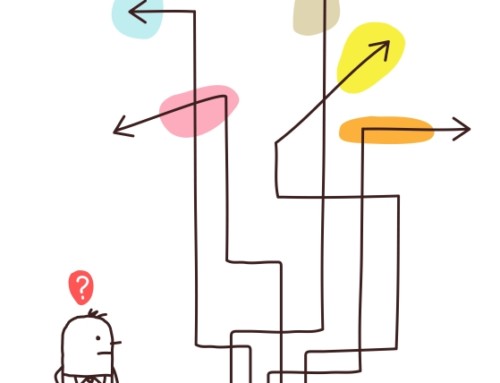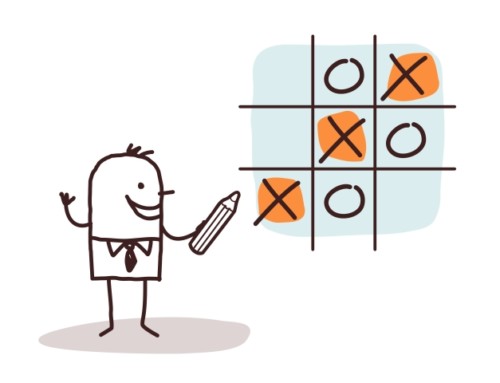In this article, I discuss how you can use behavioural skills to manage your moods while waiting for your efforts with cognitive skills to pay off.
In this article, I discuss how you can use behavioural skills to manage your moods while waiting for your efforts with cognitive skills to pay off.
My work with clients typically entails helping them learn cognitive and behavioural strategies to address their issues. Many of these issues involve managing moods such as depression, anxiety, anger and frustration.
One challenge in using this dual-pronged approach is that behavioural strategies generally show more immediate benefits compared with cognitive strategies. This occurs because behavioural strategies usually involve taking some action in a straightforward manner whereas cognitive strategies entail learning and applying skills to change your interpretation of situations in order to experience emotional relief.
For example, someone who is depressed may experience a boost to their mood very quickly by engaging in an activity they enjoy whereas achieving a boost to their mood cognitively would entail learning and practicing skills like thought records.
The challenge therefore is to help clients manage their moods with behavioural strategies until they have learned cognitive skills to the point that they can improve their moods by changing their thinking. In the following sections, I will discuss how this can be done.
Start by using behavioural strategies to manage your moods
Behavioural strategies can be used to effectively manage your moods at any time. However, these strategies are especially important in the period when you are in the process of learning cognitive skills to manage your moods. These behavioural strategies will effectively tide you over until you have learned cognitive strategies to complement them. The following examples will illustrate this process:
(1) Anger can be managed behaviourally by using time-outs, choosing a time to discuss issues when you are in a relatively low-stress emotional state, preparing constructive coping responses to deal with adversity you anticipate, and practicing phrasing your points in a constructive manner rather than in an aggressive manner.
(2) Anxiety can be managed behaviourally by engaging in activities which take your mind off anxious thoughts, practicing skills and engaging in activities to calm your body’s physical tension, and gradually exposing yourself to situations you’ve been avoiding because of your anxiety.
(3) Depression can be managed behaviourally by engaging in activities which have a positive effect on your mood.
(4) Frustration can be managed behaviourally by taking steps to address problems which are the source of your frustration.

The benefits of adding cognitive strategies to manage your moods
Cognitive skills like thought records can take your mood management abilities to the next level. That is, the improvements you have made in managing your emotions behaviourally will be increased once you are able to identify and change negative thinking patterns which add to your emotional distress.
This entails catching, checking and changing negatively skewed ‘hot thoughts’ which enter your mind in situations in which you experience strong moods like depression, anxiety, anger and frustration. Skills like thought records allow you to shift from hot thoughts to more accurate balanced thoughts. In turn, this leads to a reduction in the intensity of your moods in those situations.
For example:
1) Anger can be reduced in intensity by shifting from hot thoughts in which you have an extreme negative view of another person’s character or of how they feel about you toward balanced thoughts in which your views of their character or of how they feel about you are less extreme.
(2) Anxiety can be reduced in intensity by shifting from hot thoughts in which you overestimate the likelihood of adversity occurring in your life and underestimate your ability to cope with adversity toward balanced thoughts in which you more accurately estimate the likelihood of adversity occurring in your life and of your ability to cope with it.
(3) Depression can be reduced in intensity by shifting from hot thoughts in which you have an overly negative view of yourself, your current circumstances and your future toward balanced thoughts in which you have a more accurate and less negative view of yourself, your current circumstances and your future.
(4) Frustration can be reduced in intensity by shifting from hot thoughts in which you have an overly negative view of your progress in particular situations and in major areas of your life (such as career, relationships and finances) toward balanced thoughts in which you have a more accurate and less negative view of your progress.
As the examples illustrate, using cognitive skills to manage your moods provides significant emotional relief. Doing so will also make your behavioural mood management skills more effective.
May you use behavioural skills to manage your moods while you are learning cognitive skills,
Dr. Pat





Leave A Comment